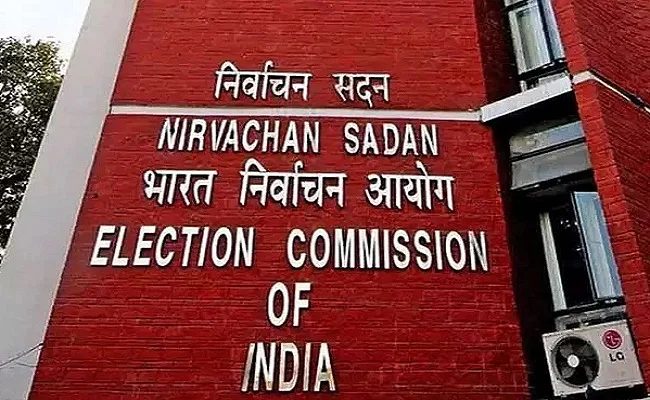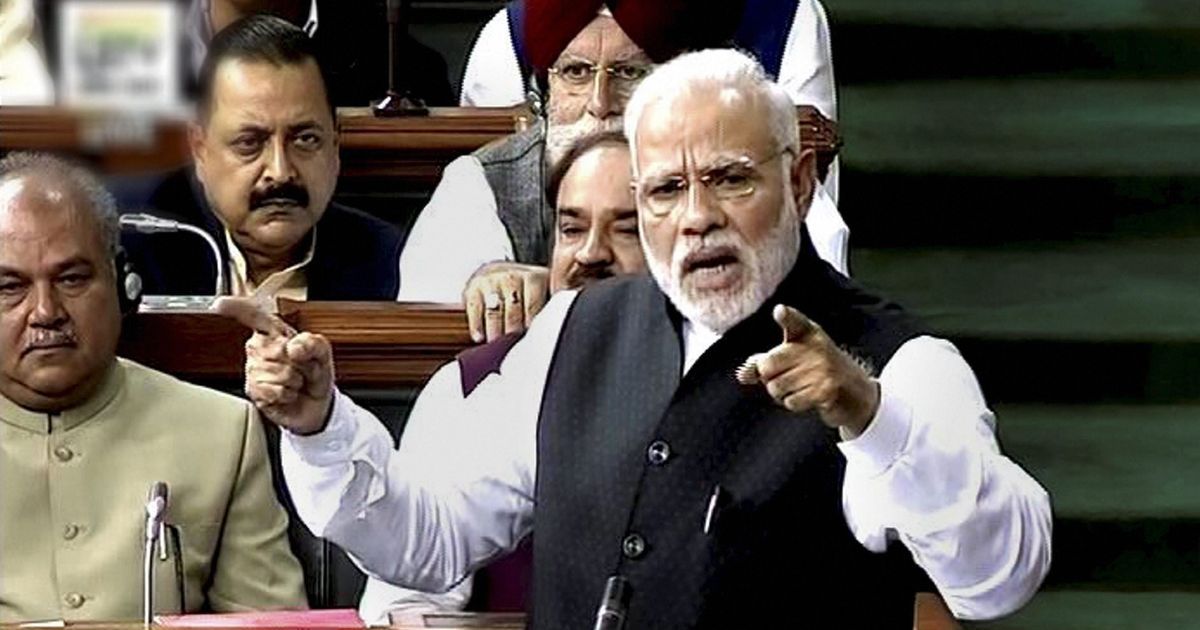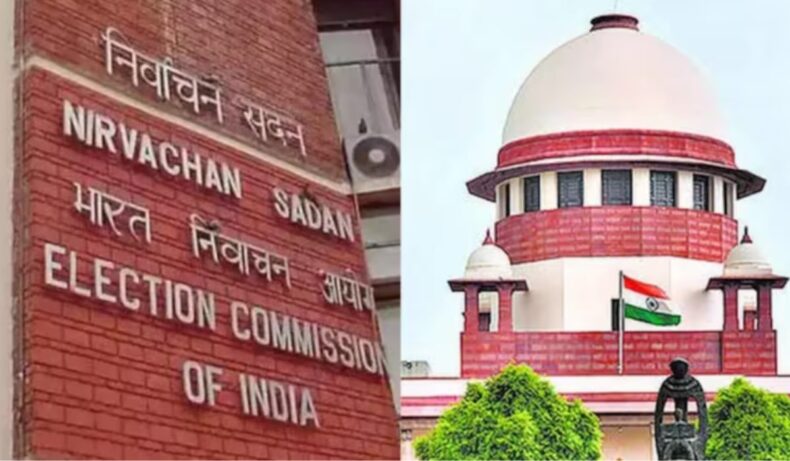The opposition is opposing the Appointment bill, which would replace the Chief Justice with a cabinet minister in the three-member committee to select the Election Commissioner. An election commissioner’s appointment law was introduced by the GOI on Thursday in Rajya Sabha.
The selection committee’s decisions should be unanimous under an EC Appointment bill.

The Election Commission controls election processes. Similarly, it is not the job of the government to choose the Election Commissioner on its own. But this question has arisen with the new bill, in which the government has set a new basis for the selection of the Election Commissioner. If the new Appointment bill becomes law, the election commissioners will be selected by the prime minister, the leader of the opposition or the leader of the largest opposition party in the Lok Sabha& Rajya Sabha, and a senior minister in his cabinet nominated by the prime minister. The possibility or apprehension of the two leaning towards one side will remain, so the opposition is opposing it.
Earlier, the Prime Minister used to sit with the cabinet and decide the name of the Election Commissioner. In such a situation, no matter how impartial the Election Commissioner was, he used to be branded. There was criticism of this system, but there was no change. Meanwhile, the CBI Director, the Chief Information Commissioner, and the Chief Vigilance Commissioner all continued to be appointed by a committee, in which the Prime Minister and the Leader of the Opposition were given space. But in the case of the Election Commissioner, the government kept on taking exemptions, on which there were controversies and litigation in the court.
Government should bring a new Appointment bill on the appointment process.

One such case reached the Supreme Court, in which an IAS officer of the Punjab cadre was made the Election Commissioner within six hours of his retirement. Then the Supreme Court ruled that until the government brings a new Appointment bill on the appointment process, the Election Commissioner will be appointed by the Prime Minister in lok sabha and Rajya Sabha, both the Leader of the Opposition and the Chief Justice of the Supreme Court. But in the new Appointment bill, the role of the Chief Justice has been abolished. It is being argued that the Chief Justice may be a knower of the law, but he may not necessarily be aware of the working of government officials at the level of secretary.
An argument was also given that since the issue of the Election Commissioner has gone to court, it is not proper for the Chief Justice to be a part of the appointment process. But the CBI director is also selected by the CJI along with the Prime Minister and the leader of the opposition and the Supreme Court also hears the cases of the CBI, so why should the CJI be considered a moral limitation in the appointment of the Election Commissioner?
Former chief Election commissioner Qureshi said:

According to former Chief Election Commissioner SY Qureshi, there should be a provision in the bill that the committee should unanimously agree on a name. He says that people all over the world are losing faith in the credibility of the Election Commission. During the last presidential election in America, 40 percent of the voters expressed doubts about the election process.
Provision has been made in the bill that now the names of officers below the level of secretary will not be considered. A select committee will be formed under the chairmanship of the cabinet secretary, who will select a committee of five names and the committee will consider them. Welcoming this, the former Chief Election Commissioner is saying that earlier anyone was made the Election Commissioner, but now this will not happen. But the Appointment bill says that if the committee wishes, it can appoint any other person as election commissioner other than the names sent. Experts say that this is an avenue of interference.
How can the Election Commission influence elections?
One, announce the dates and phases of elections as per the convenience of the ruling party. A long election proves beneficial for parties with money because smaller parties start gasping only after the second phase. Two, questions have been raised on the Commission regarding the addition or deletion of names in the voter list. Three, the Commission has been facing allegations of partiality regarding the implementation of the election code of conduct. Elections are also affected by issuing notices on the speeches of the leaders of the opposition parties ignoring the speeches of the leaders of the ruling party. The commission has taken many steps regarding EVM machines, yet questions arise.
TN Seshan had given an edge to the Election Commission while being the Election Commissioner. Once he said in front of the then Prime Minister Narasimha Rao that no one should have the misconception that Seshan is a horse and the Prime Minister is a rider. Has anyone else been able to do such a thing?
In order to protect the Commission’s credibility, the LOP should be given meaningful input.












